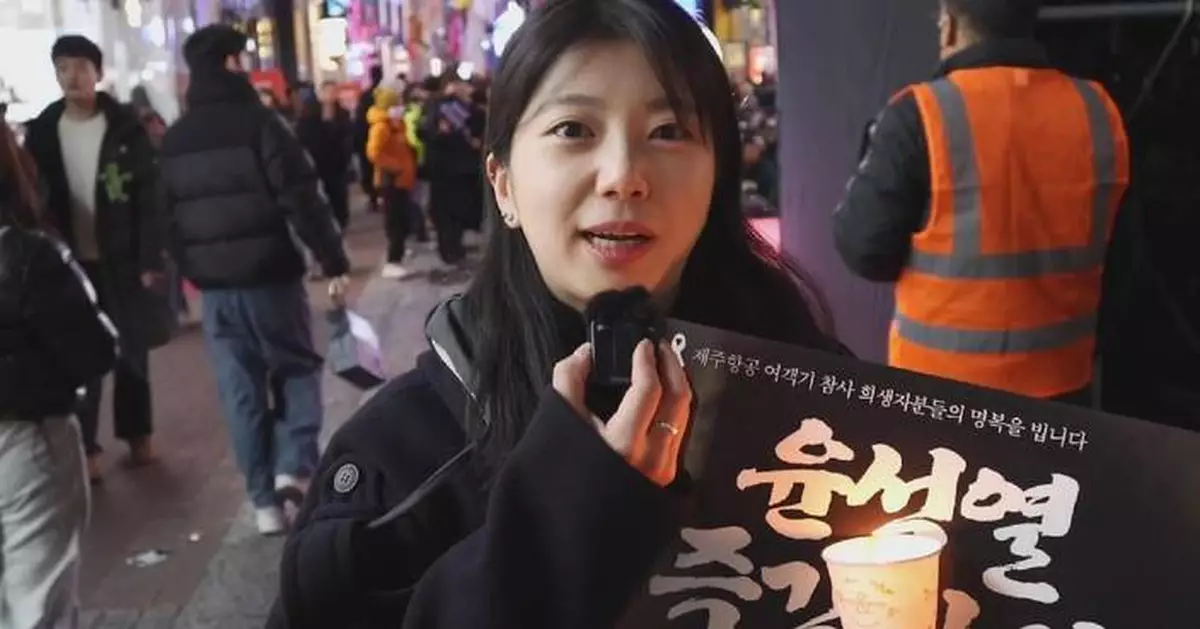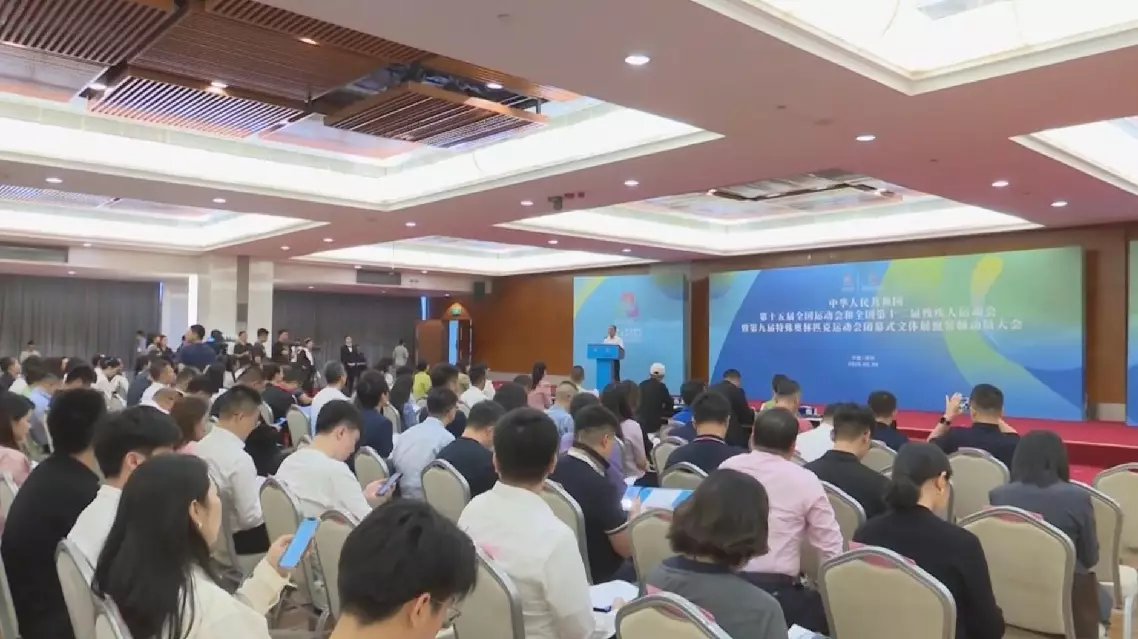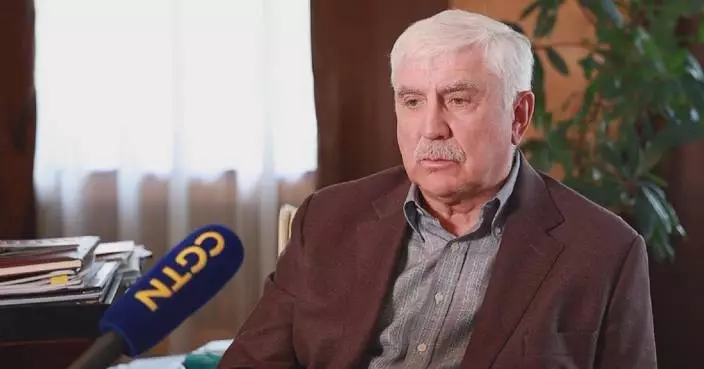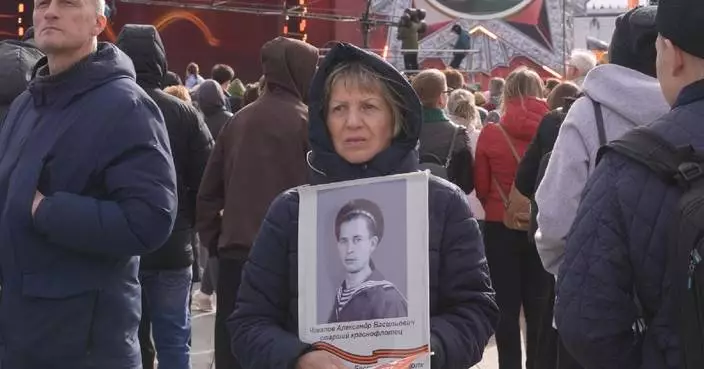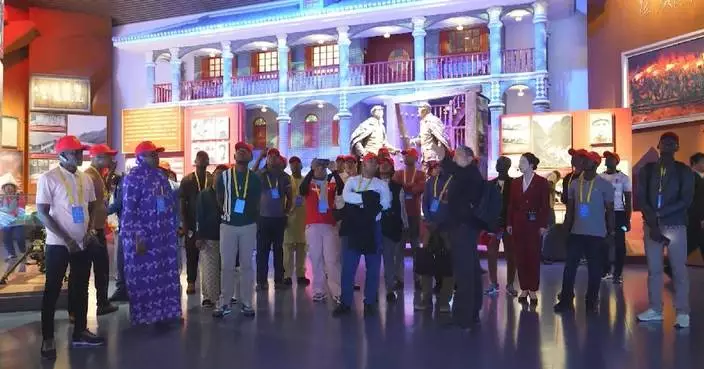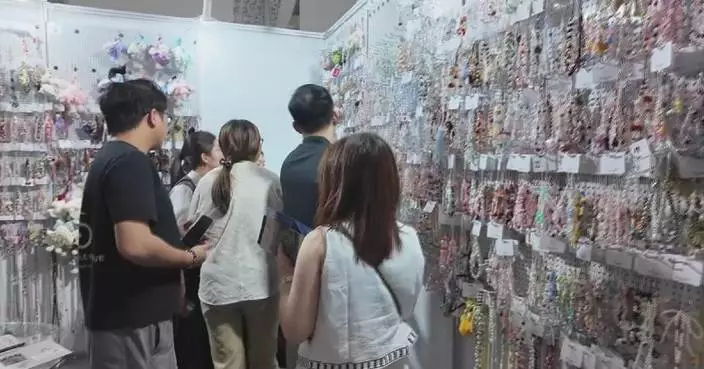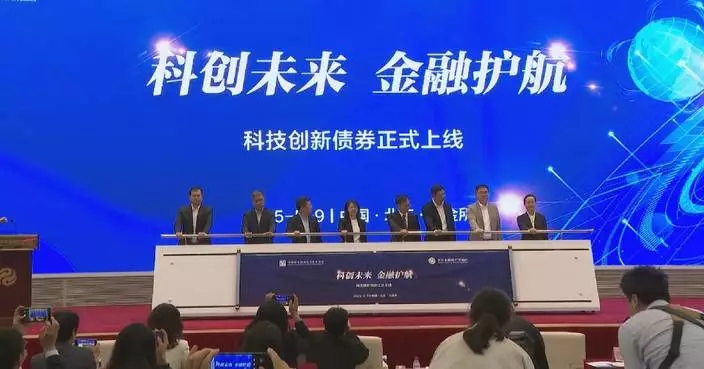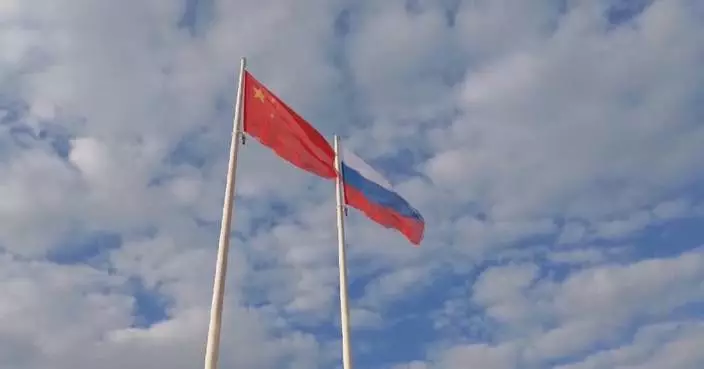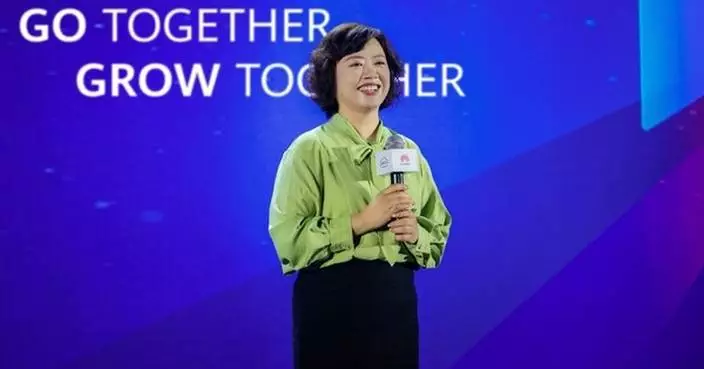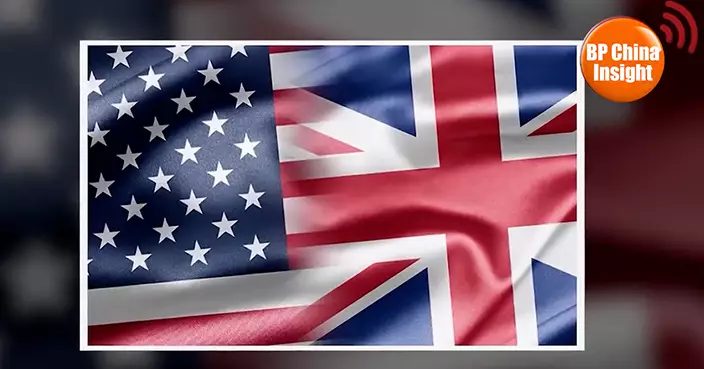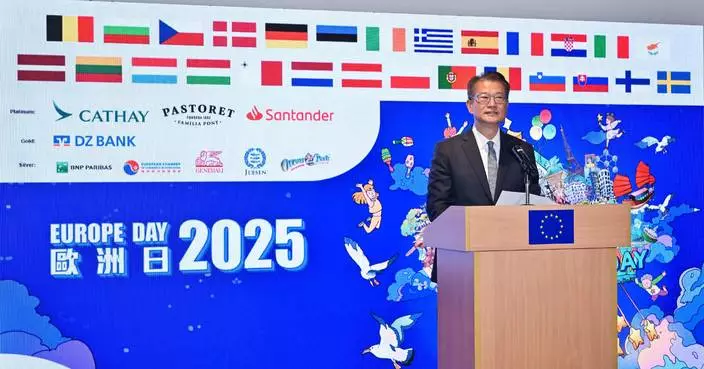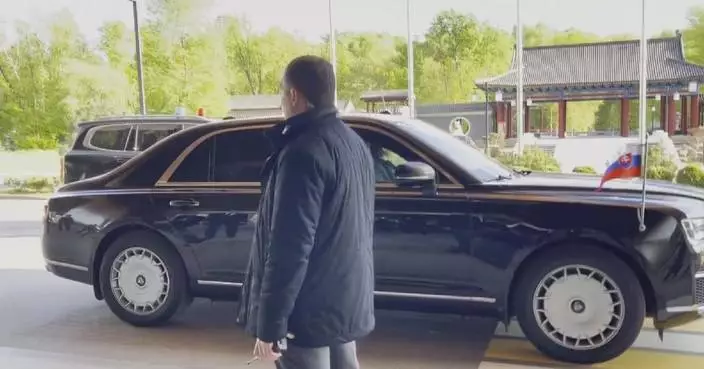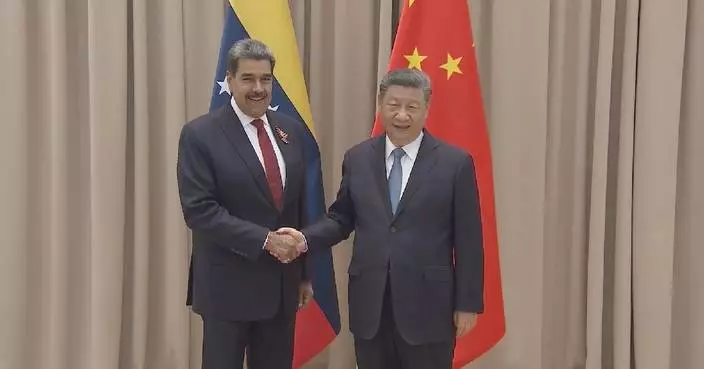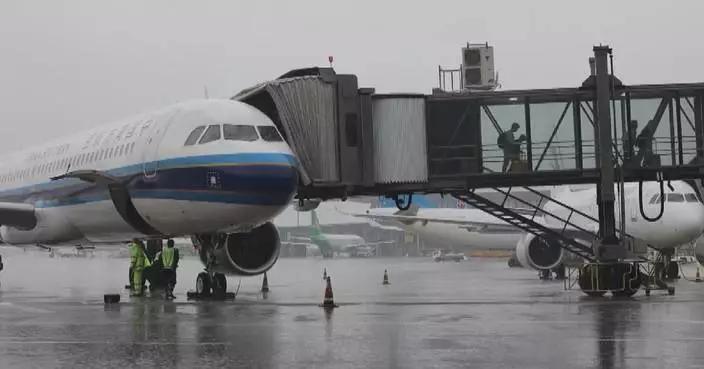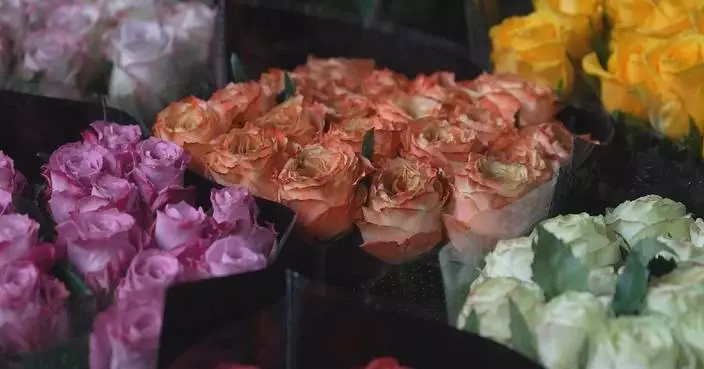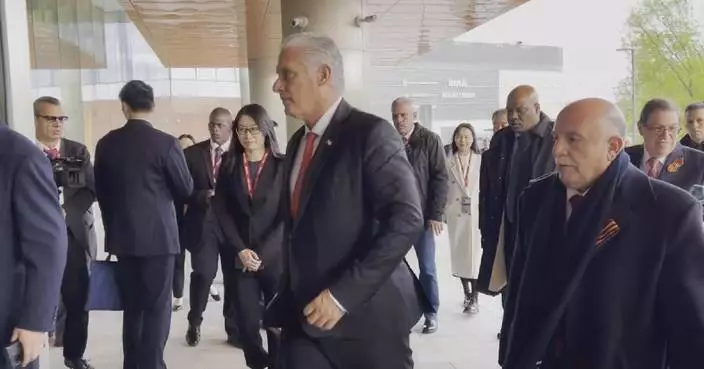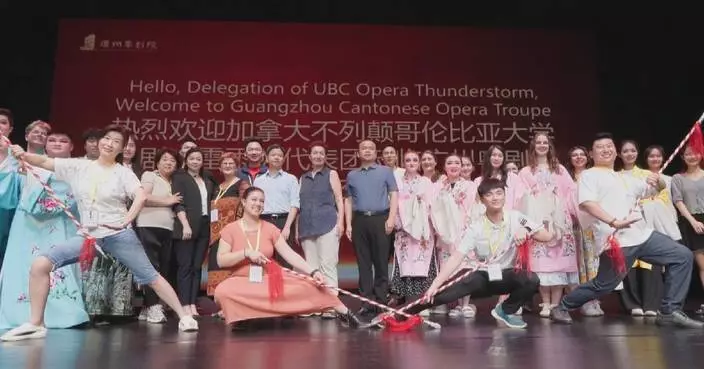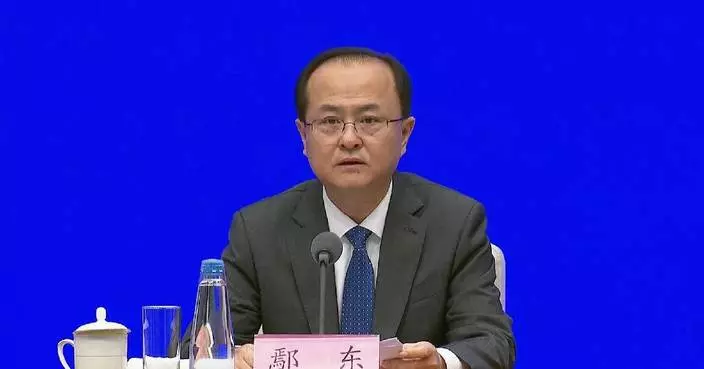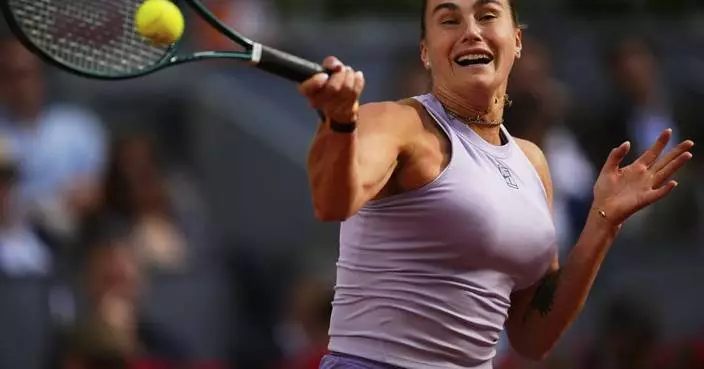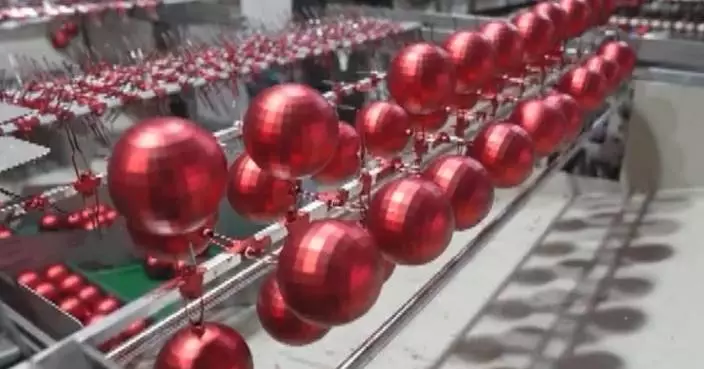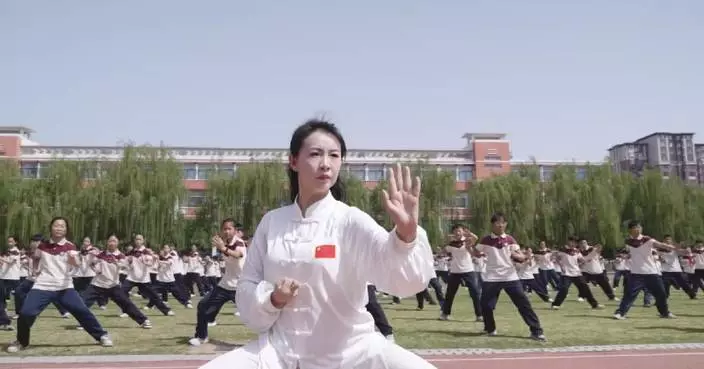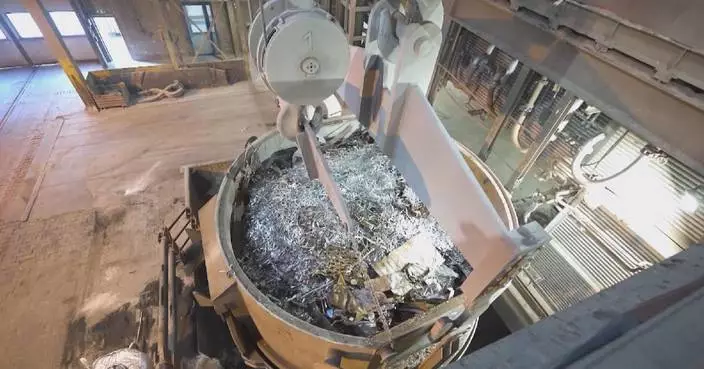South Koreans rallied in the streets of Daegu on Saturday, with some in the crowds sharing their views on the arrest warrant for impeached President Yoon Suk-yeol and reflecting on the nation's current challenges and its future direction.
On Friday, investigators from South Korea's Corruption Investigation Office for High-ranking Officials (CIO) departed the presidential residence after an unsuccessful attempt to arrest Yoon. The anti-corruption unit cited ongoing confrontations as making it nearly impossible to execute the arrest warrant, which had been issued by a Seoul court on Tuesday.
This was the first time in South Korea's modern history that an arrest warrant was issued against a sitting president.
On Saturday, some South Koreans took to the streets of Daegu to rally, the city where Yoon began his career at the public prosecutor's office in 1994.
Opinions among the rally participants were divided over the arrest warrant issued for Yoon.
"(The arrest warrant) is just nonsense. Logically speaking, these things shouldn't be happening, but they are," said Park, a retiree.
"I think the term 'arrest warrant for the president' is incorrect, and the proper term should be 'arrest warrant for the ringleader of a rebellion.' I believe this is something that absolutely must be done," said Na Je-hyun, a cultural planner.
"People are calling for an arrest. If there's a crime, it should, of course, lead to an arrest, followed by legal procedures. However, there hasn't yet been a judgment declaring guilt. Even though some members of the National Assembly oppose it, if the Constitutional Court or the final ruling comes out and determines guilt, then the individual should be detained and pay the price for his crimes," said Kwon Young-jo, a vocational school instructor.
The turbulence in government and conflicts between political parties have sparked widespread concern about the country and frustration toward politicians whom residents believe are solely focused on their own interests.
"I feel deeply ashamed. However, I came across an article by a foreigner saying, 'Korean people are faster at restoring democracy than fixing a photocopier at work.' It made me laugh and feel sad at the same time," said Na.
"Looking at this situation, whether Yoon has committed crimes or not, he is still the leader of the nation. The ruling and opposition parties should unite. However, I believe almost no one is truly thinking about the country right now. Both the ruling and opposition parties seem to only care about their own party," said Kwon.
Park expressed strong criticism of South Korea's political system, arguing that limiting lawmakers to a single term could prevent corruption and backdoor dealings.
"Members of South Korea's National Assembly shouldn't serve more than one term. If they serve more than that, they all turn into thieves. They share money among themselves, and behind the scenes, they exchange money for hidden interests. Ordinary citizens are so busy making a living that they don't even know how the world is running," he said.
Some emphasized the importance of advancing the arrest warrant process through legal procedures, while others hoped for collaboration between the ruling and opposition parties to move the country forward.
"I firmly believe Yoon, as the ringleader of the rebellion, will be arrested. What's more important is what happens after that. Moving forward, I think every citizen must keep a vigilant eye on each step of the process to ensure that South Korea's democracy continues on the right path. Each one of us must make an effort," said Na.
"I hope both sides can make concessions and work together in harmony," said Kwon.
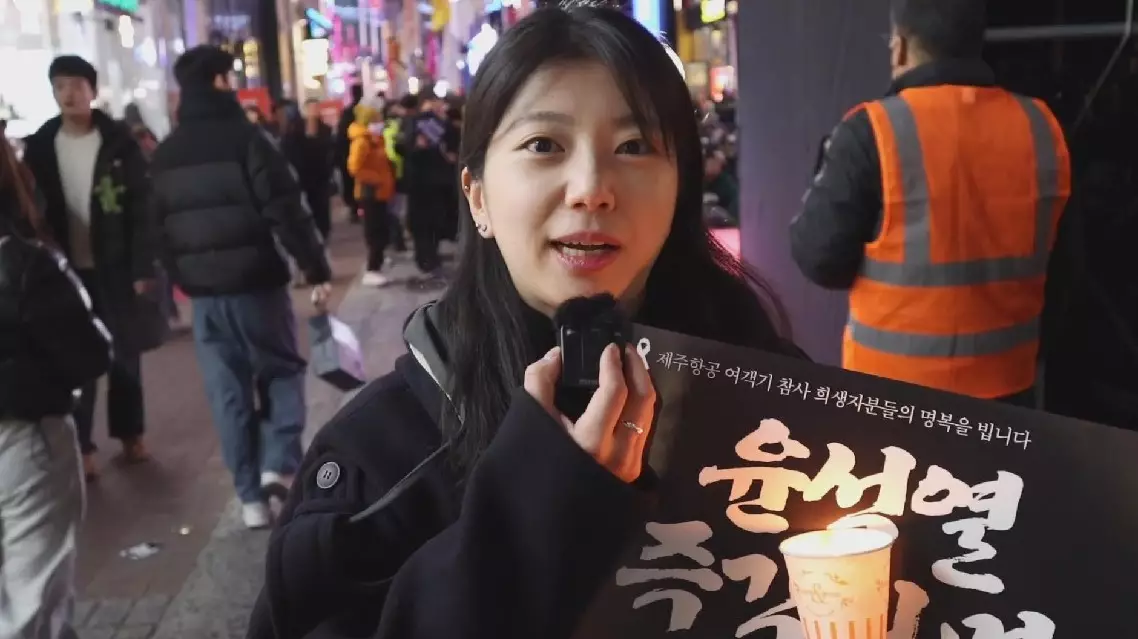
S Koreans share views on Yoon Suk-yeol's arrest warrant, nation's future


